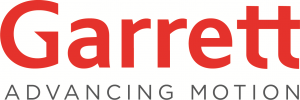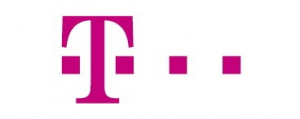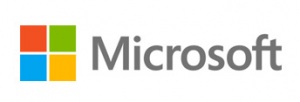Economic pressures drive steep increase in business fraud
19.11.2009Company: PricewaterhouseCoopers Česká republika, s.r.o.
Every 10th company in the Czech Republic suffered a loss of more than CZK 17,000,000 as a direct result of economic crime in the last 12 months
ČESKY: Ekonomický tlak vedl k prudkému nárůstu hospodářské kriminality
24% of companies in the Czech Republic experienced one or more incidences of economic crime in the past 12 months, according to PricewaterhouseCoopers' 2009 Global Economic Crime Survey. As most fraud in the Czech Republic is detected by chance and tip-offs as opposed to via systematic anti-fraud systems, these numbers indicate that a lot of fraud remains undetected.
The survey of more than 3,000 respondents in 54 countries is the most comprehensive study of its kind, and was conducted in conjunction with the INSEAD business school.
The survey also reveals that the nature of fraud has changed dramatically as a result of increased economic pressure, namely the need to achieve high targets and financial performance, and the fear of losing jobs. Half the companies who suffered fraud experienced accounting fraud, particularly fraudulent applications for borrowing/raising finance and credit. This is a sharp rise over 2007’s figure of 12%.
“This is a dramatic increase on previous years and also much higher than the incidence of accounting fraud globally (38%). It can be directly linked to the current economic climate and a combination of a weaker control environment due to staff reductions, and the increasing pressure placed upon management to meet targets,” commented Sirshar Qureshi, Partner in Forensic Services at PricewaterhouseCoopers Czech Republic.
Asset misappropriation remains the most common type of economic crime reported in the Czech Republic (60%). Bribery and corruption increased slightly over the last 12 months compared to our previous survey (increasing from 27% in 2007 to 30% in 2009), and still exceeds the global average of 27%.
How people rationalise fraud?
Fear of losing their jobs (58%) and a belief that competitors were paying bribes to win contracts (33%) increased the pressure on companies to commit fraud in the Czech Republic in the current economic climate. In terms of the ability to rationalise (justify) committing a fraud, the maintenance of the existing standard of living played a role in 80% of cases.
“60% of respondents in the Czech Republic rationalised the fraud by saying that others do it and so it’s okay – which is in line with the CEE response, but much higher than globally, where only 35% considered this was the rationale,” said Sirshar Qureshi. “This suggests that Czech companies also need to address cultural and psychological factors when combatting fraud.”
The main threat of economic crime comes internally from employees. Only 30% of perpetrators in the Czech Republic were from middle or senior management, compared to 56% globally, or 54% across CEE.
“We cannot say that senior management crimes have decreased, as they are more difficult to uncover than those committed by junior employees,” added Sirshar Qureshi.
Too much reliance on chance
55% of the economic crimes detected happened by accident, or by means that were beyond the influence of management, namely a combination of internal/external tip-offs other than the formal whistle-blowing mechanism.
“This compares to 32% in CEE and suggests that companies in the Czech Republic rely too heavily on chance,” said Sirshar Qureshi.
30% of the respondents who reported fraud believed that there had been an increase in the level of economic crime compared to 12 months ago, yet 74% of Czech respondents have made no change to the frequency of fraud risk assessments in the same period. In addition, 30% of Czech companies had not performed fraud risk assessment of any kind in the last 12 months.
“Global results have shown a clear correlation between the frequency of fraud risk assessments and the number of detected frauds. It therefore confirms that the level of fraud in the Czech Republic is much higher and that companies are losing more than they are aware of,” concluded Sirshar Qureshi.
Other PwC press releases, publications, surveys and expert articles can be found at www.pwc.cz/engpress.







